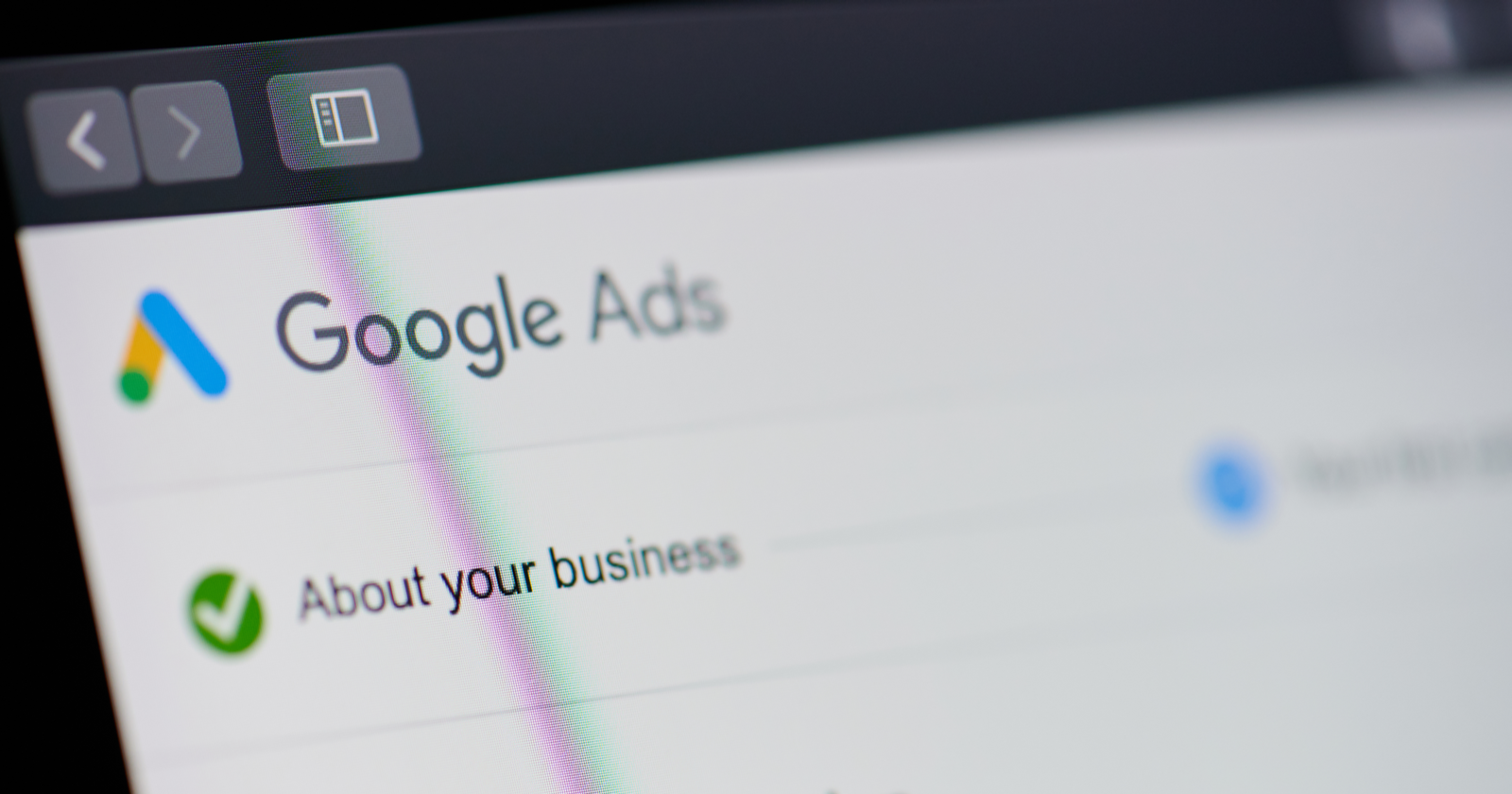Let’s say you go to a gas station in a small town in Montana on Friday.
You walk up to the attendant and ask, “Hey, I’d like to buy some gas but noticed I couldn’t pay at the pump. Can I get a few gallons?”
He says, “Well sure, I have plenty of gas! Unfortunately, those two people over there also want gas and so you will be bidding against them for your gas.”
That’s odd, you think to yourself. But I really do need gas.
So you ask him what he needs from you.
“Well, here is how it works. You tell me how much money is in your budget for gas this month. Then, I go talk to the others to hear how much their gas budget is, and then I decide what the winning price is, and award the person who I decide wins with the gas.”
“Wait a second,” you cry, “but I’m not sure if I want to spend all my budget for this gas if that is what you determine I will pay for this fill-up, can you just tell me what the price is for 2 gallons?”
“Nope, that’s not the way this works. I run a private business, and that’s my chosen business model. I have plenty of gas for everyone, but I make more money doing things this way.”
“Oh and incidentally, there are no other stores that sell gas within 200 miles of here so if you want to use your car to leave town, you’ll need to follow my business model rules.”
“But again, you are perfectly free to choose not to use your car to leave town. It’s a free market, after all.”
Sounds far-fetched, doesn’t it?
I mean, I assume there are laws about things like price-gouging, transparency, truth in advertising, and a host of other things that would likely mean this business scenario I described could never happen in the consumer auto gas industry.
Yet, in advertising tech, we are looking at scenarios that play out in frightfully similar ways – for real.
We need to continue to have a conversation about automation and data transparency.
Where Is Paid Search Today?
Here is our current search as a channel scenario.
Google’s Unrivaled Popularity Globally
Google owns 92.26% of the search market share worldwide.
I’ve heard less than this, but always greater than 75%.
For lack of a better way of putting it, this means if you want to advertise on a search engine, but don’t want to use Google, your options shrink fast.
(Microsoft Ads is a great option to add as a supplement, but certainly no replacement for Google in sheer volume.)
Google’s Significant Advertising Revenue
Any advertising revenues coming from Google Ads clicks, go to Google.
In 2019, Google’s advertising revenues amounted to $134.81 billion.
That means Google as a financial entity is larger than Ukraine, or nearly double that of Guatemala.
This is not an insignificant event.
Google’s Control Over Smart Bidding
Google is maneuvering to fully control bidding with its Smart Bidding solutions.
This means, they control how much each person in an auction pays… well, Google.
Let me say that again: Google controls the bidding among separate parties to determine how much they themselves get paid.
Google & Ad Rank*
Google utilizes a metric hidden from external analysis that ensures changes can be made within the bidding system to manipulate the bid without any third-party oversight.
This metric is Ad Rank.
With Ad Rank, Google possesses the private means to make a bid whatever they want that bid to be, with no verification as to whether the final outcome is authentic.
While they reveal some details through the external-facing, Quality Score metric, it only reports a score between 1-10 and includes assumptive figures like “expected Click-Through-Rate” as an unknown percentage of the Score.
Put differently (and somewhat bluntly): if Google ever wants to commit fraud within its system, the tool is there to hide it within plain view since they could easily manipulate Ad Rank for a specific company in an auction with no one the wiser.
Google’s Obfuscation of Data
Google continues to remove data that allows for third-party authentication into the quality of auctions.
Whether for legitimate privacy reasons or not, the recent search terms decision is simply one in a long list of automation decisions made to purposefully obfuscate what is happening in targeting.
As I have written elsewhere on Smart Shopping, an advertiser or brand can no longer verify the keywords or audiences were acceptable targets because the data is no longer there.
At all.
The user cannot even verify what channel their money was spent on.
There’s More…
This scenario is not science fiction.
It is the current trajectory of the Google Ads system and is one in which as I noted regarding Smart Shopping, is already here.
Google is a closed system, with revenues larger than many countries, who determines how much they are paid in secret auctions.
But wait, there’s more.
Let’s talk about the cookie.
We are in a curious dilemma currently with the cookie.
On one hand, I applaud the desire of governments to protect user privacy and help champion user data rights by limiting who has access to user data.
I think there is a lot of good happening as these conversations take place.
However, as the war of the third-party cookie occurs, I am concerned about an ill-defined side effect.
In the world of 2020 technology, data is power and literally at times, currency.
Data is worth its weight in gold, and as third-party cookies are removed, the only advertising entities left standing with that weighty gold of user data are first-party cookies placed most often by platforms such as Facebook and Google.
The war on third-party cookies is supposed to be limiting advertiser access to user data.
Yet, it is arguably increasing the ultimate power of the advertising platforms.
Now, we have a scenario in which entities like Google control not only every aspect of the auction as I have outlined above, but also have increased access to data not available to others.
In one federal hearing room, you have legislators seeking to limit the power of the platforms.
In another room, you have them handing them exceptional power by ensuring – through their first-party cookies – that they are the last ones standing.
Wrapping Up
I’m not against third-party cookie limiting.
I’m not anti-Google.
I’m not anti-tech.
I actually write posts like this for the very opposite purpose than the concerned tone would suggest.
I love the paid search industry I am in, and hope to see it and Google (as well as other platforms!) thrive for years and years to come.
I do not believe thriving will occur if obfuscation and decreased transparency continue.
If we believe that a company the size of Google, with its increasingly black box transparency, will not eventually encourage fraudulent activity, then we haven’t read enough history.
I don’t know the best way to fix this, but I do know that it would be a great start for Google to step back from limiting advertiser data access and to begin treating its advertisers in more of a partnership manner to encourage healthy transparency and long-term growth.
*An original edit of this post named this section “Google and Quality Score.” Thanks to reader Avi Gazit for more accurately identifying the problem here as Ad Rank.
More Resources:





![AI Overviews: We Reverse-Engineered Them So You Don't Have To [+ What You Need To Do Next]](https://www.searchenginejournal.com/wp-content/uploads/2025/04/sidebar1x-455.png)